Can Tax Debts Be Eliminated?
The Income Tax Act and Excise Tax Act forbid Canada Revenue Agency (CRA) from directly accepting a settlement of less than 100% of the principle amount owed for income tax, GST, and payroll deduction debts.
These debts can however be compromised or eliminated totally by filing a proposal or filing for bankruptcy.
If you have a significant tax debt it is critical that you seek advice promptly. The CRA has the ability to seize bank accounts and other assets, garnishee income, off-set pension income, and income tax refunds. Some actions they take to protect themselves can be difficult to correct.
In bankruptcy, a category of "Tax Debtor" has been created for people who owe personal income tax greater than $200,000 and the tax debt is equal to or more than 75% of the total debt load. “Tax Debtors” are not entitled to an automatic discharge in bankruptcy and a Court Hearing will be held after:
At least 9 months for first time bankrupts with no surplus income
At least 21 months for first time bankrupts with surplus income
At least 24 months for second time bankrupts with no surplus income
At least 36 months for second time bankrupts with surplus income
The Court will be considering the following factors when considering the discharge application of a “Tax Debtor”:
The circumstances of the bankrupt when the debt was incurred
Any efforts made to pay the debt
Payments made to other creditors
The bankrupt's future prospects
The legislators are clearly attempting to discourage people from paying other creditors in priority to Canada Revenue Agency. It appears they are also attempting to encourage people to file a Proposal rather than a bankruptcy if you are a tax debtor.
Start your journey to financial freedom. Book your free, no obligation consultation today to connect with one of our experienced BC/Yukon Licensed Insolvency Trustees.

